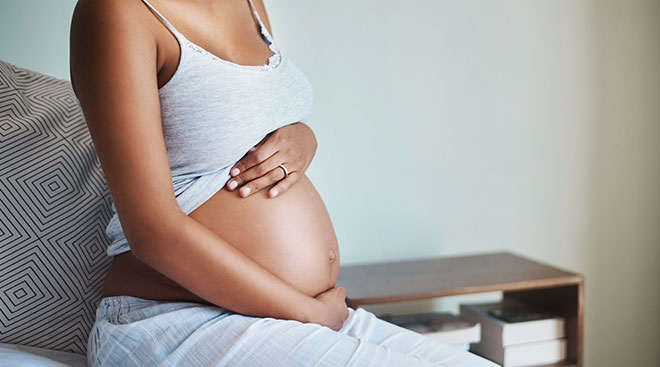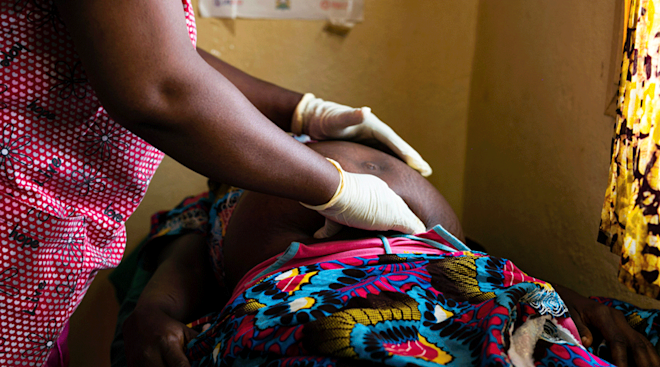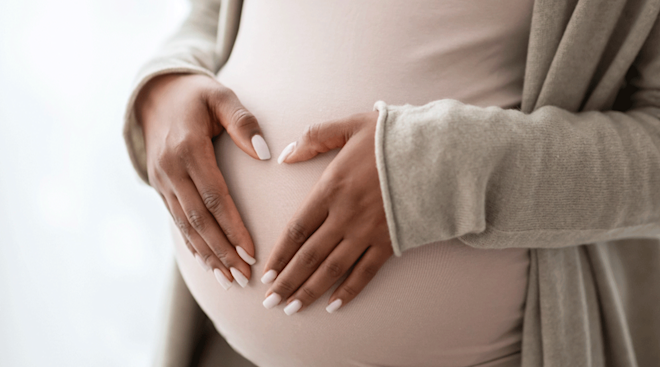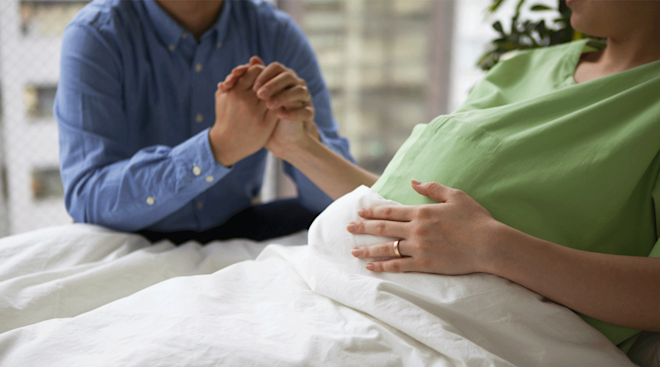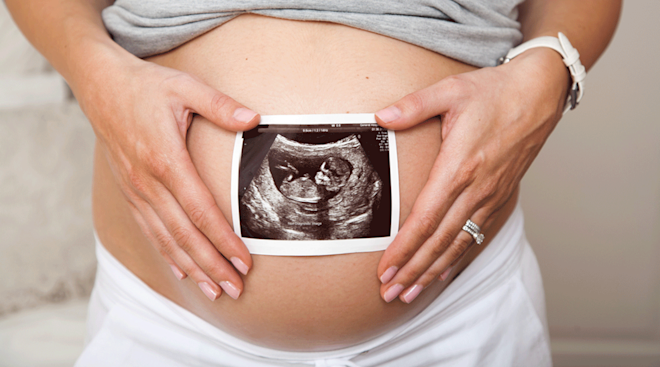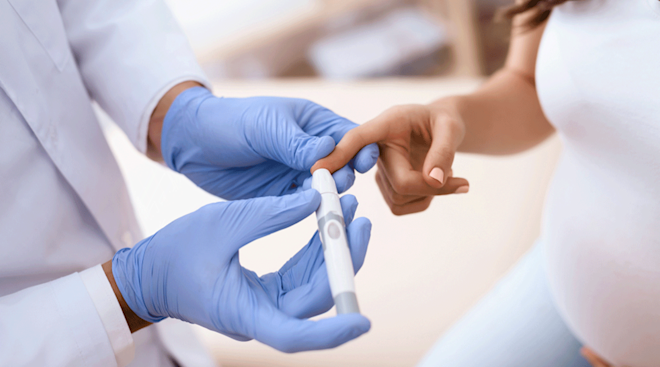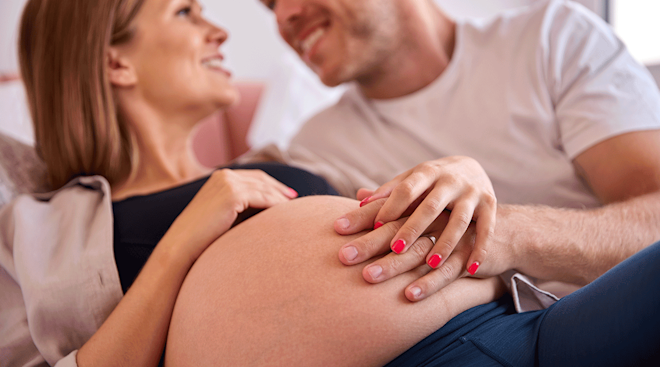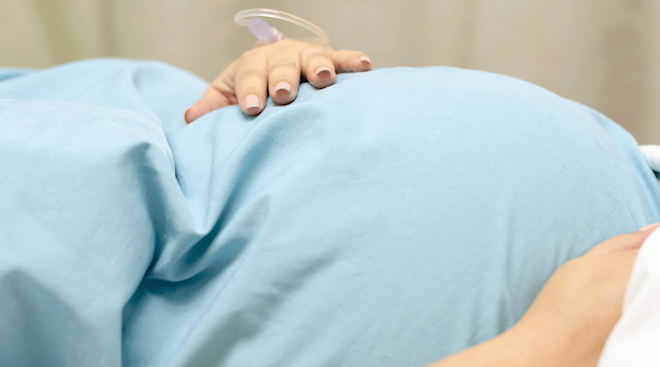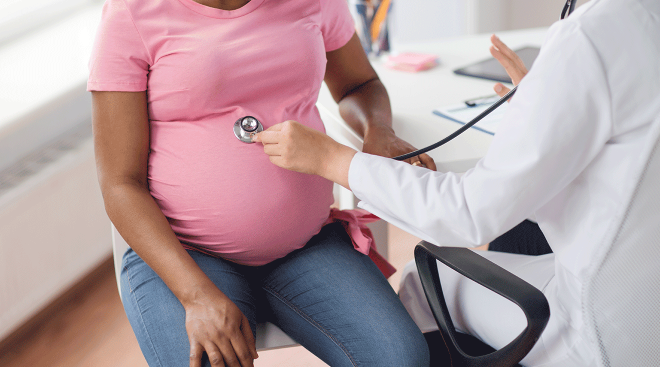A Chemical Found in Everyday Items May Impact This Pregnancy Hormone
In previous research, experts have begun to understand how everyday life and environmental factors like climate change can impact pregnancy. Previous research has shown phthalates—chemicals which are added to make plastic more flexible and found in several everyday items—may negatively impact pregnant women. Now one study is finding they may disrupt a hormone that is important for labor.
The study was conducted by Rutgers University and published in Environment International. It looked at a hormone produced by the placenta, called placental corticotropin releasing hormone (pCRH), which helps to start labor. According to the study, the production of this hormone increases as the pregnancy progresses, but high levels or rapidly increasing levels earlier in pregnancy may cause issues like preterm birth, fetal growth problems, high blood pressure, diabetes and postpartum depression.
For their study, researchers looked at 1018 low-risk pregnant women carrying one child. They were observed in mid-pregnancy and late pregnancy. The study found the presence of phthalates was correlated with higher levels of the pCRH mid-pregnancy, but lower levels of it in late pregnancy. The hormone levels were highest for women who had been diagnosed with complications like gestational diabetes and high blood pressure.
“We are all exposed to phthalates in our environment through the products we use and the foods we eat. Our findings show that these chemicals may alter the production of essential placental hormones, which has important implications for the course of pregnancy as well as subsequent child health and development,” Emily S. Barrett, an associate professor at the Rutgers School of Public Health and member of the Environmental and Occupational Health Sciences Institute, said in a press release. “Associations between phthalates and pCRH among women with pregnancy complications grew stronger across the course of pregnancy. We know very little about how women with pregnancy complications are affected by environmental exposures. This study sets the stage for future research in that area.”
To date, this is the largest study to look at how chemicals like phthalates disrupt hormones important to pregnancy. That said, the data set is still very small and further research is needed to fully understand all the implications and effects.
Navigate forward to interact with the calendar and select a date. Press the question mark key to get the keyboard shortcuts for changing dates.

































